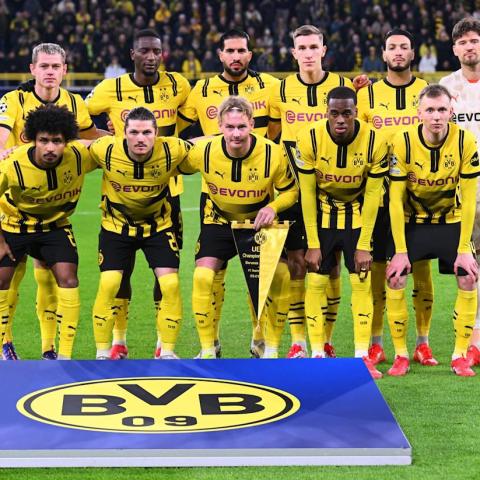The NFL Players Association (NFLPA) is facing significant changes after Lloyd Howell Jr. resigned as executive director. His announcement came late Thursday and marked the end of a turbulent two years in leadership.
Howell, 59, stated, “It’s clear that my leadership has become a distraction.” He believed stepping down would refocus the NFLPA on serving its players effectively as the new season approaches.
What led to his resignation? Several reports, including one from ESPN, indicated that Howell’s tenure was troubled by investigations and controversies. Recently, the FBI began probing financial dealings involving the NFLPA and other sports unions, linking back to a licensing firm called OneTeam Partners. The investigation is ongoing, raising concerns about the union’s financial integrity.
Additionally, Howell’s consulting role for a private equity firm, the Carlyle Group, raised conflict-of-interest questions. Sources indicated that he was urged by union lawyers to resign due to this potential conflict, though he was considering his options.
Last week, more troubling news surfaced: Howell reportedly signed a confidentiality agreement with the NFL that concealed important findings, including recommendations to reduce guaranteed player salaries. This raised eyebrows, as it left players in the dark about critical issues impacting their compensation.
Despite the controversies, some executive board members expressed support for Howell up until his resignation, stating they believed in his leadership and decision-making processes. However, the mood shifted quickly as the executive committee began discussing next steps, possibly including appointing an interim director.
This upheaval in leadership isn’t just about Howell’s decisions; it reflects a larger trend of scrutiny within sports unions. According to a recent survey by the National Labor Relations Board, sports unions are under growing pressure from both players and external watchdogs to ensure transparency and integrity. With nearly 2,000 players relying on the NFLPA, the stakes are high.
Howell took over from DeMaurice Smith, who led the NFLPA from 2009-2023, a period marked by its own challenges, including collective bargaining negotiations and player rights. Smith’s leadership style was often characterized as aggressive, but it achieved major advancements for player welfare. Howell’s departure leaves questions about the future direction of the NFLPA.
As the search for a new executive director begins, players and fans alike are curious about how this change will influence the NFL’s landscape. The upcoming months might reveal a clearer picture of the union’s path forward as it grapples with the challenges of modern sports management.
For further insights on union dynamics in sports, you can read this comprehensive report from the [National Labor Relations Board](https://www.nlrb.gov/). It’s a reminder of how vital effective leadership is in advocating for players’ rights and ensuring their voices are heard.






















